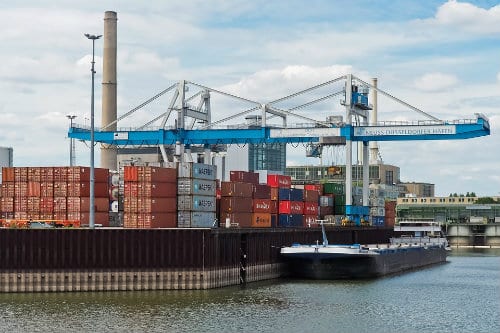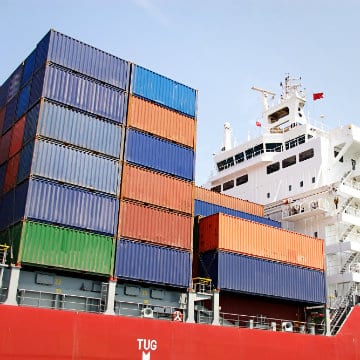Maritime and offshore workers often suffer serious injuries on the job and often have many questions:
If you’ve suffered a work injury in a maritime setting, our maritime lawyers can help you prepare for what’s next. Contact us now for a free, no-obligation consultation.
Throughout American history, maritime workers in various occupations have helped our economy grow and our country expand.
Goods and products from all over the world are traded and transported across our waterways and in our docks, harbors, and ports. While work conditions have improved over the past several decades, maritime work still has a variety of occupational hazards.
You may be familiar with TV commercials appealing to workers who have been injured while working on or near navigable waters. Because of how complex maritime work injury cases can be, many injured workers only become aware that they may have legal rights through these advertisements.
While a television commercial can point you in the right direction, a quick 30-second advertisement can only cover the most basic aspects of dealing with a maritime work injury. Get an in-depth explanation of the legal process, as well as your specific avenues for compensation, by speaking with a legal professional today. Contact our offshore injury attorneys to learn more.

If you work on or near the navigable waters of the US and you get injured on the job, you are entitled to financial compensation. However, determining which benefits you qualify for and navigating the complex claims process can be difficult.
Depending on your classification as an employee, you’ll likely either qualify for a Jones Act or Longshore and Harbor Workers’ Compensation claim:
Workers on vessels that are afloat on navigable waters are covered under the Jones Act, including:
If you’ve suffered an injury while working on or in the service of a navigable water vessel, consider contacting an experienced maritime lawyer to discuss your legal rights. Seamen are not covered under workers’ compensation, so a Jones Act claim is usually the only means for financial compensation after a work injury.
When most people get injured on the job, one of their first concerns is how they’ll pay their medical expenses and their other bills when they’re unable to work. Maintenance and cure provide these essential benefits, including compensation for medical expenses and necessary daily living expenses. However, some employers may attempt to withhold maintenance and cure. If you’re in this situation, an aggressive maritime injury lawyer can help you stand up for your rights and receive the compensation you’re rightfully entitled to.
Injured seamen have the right to hold employer’s liable if negligence contributed to their injury. This applies to employer negligence (such as failing to follow safety regulations) or co-worker negligence (such as an accident caused by a careless mistake).
Jones Act claims have a lower burden of proof than personal injury cases. You only need to prove that some form of negligence played a role in your work injury – it does not need to be the main cause of the injury.
If your employer is deemed negligent, you could recover the following damages:
In order to determine if negligence was a factor in your work injury, consider discussing the details of your case with a maritime attorney.
Vessel owners can also be held liable for maritime worker injuries if the vessel where the injury occurred is considered “unseaworthy”. Any hazardous condition, defect, or safety violation can be cause to consider a vessel unseaworthy.
These claims can be made in addition to a Jones Act claim against your employer. In cases where negligence and an unseaworthy vessel both played a role in a work injury, both the employer and the vessel owner could be held liable for damages.
Maritime workers who are not covered under the Jones Act can receive work injury benefits in a Longshore and Harbor Workers’ Compensation claim. This includes a variety of workers who are involved in maritime work but do not spend significant time aboard vessels on navigable waters.
Workers covered under this Act include:
If you’re unsure if you’re covered under this act, one of our maritime lawyers can help you better understand your options.
In order to navigate the complex system of maritime law and secure the full financial compensation you deserve, it’s often necessary to have the guidance of an experienced maritime lawyer.
Many injured workers don’t realize that their employer’s insurance carrier is not on their side. These companies make more money the more claims they deny. They employ teams of highly skilled lawyers who specialize in this process. In order to make sure you receive the compensation you need and deserve after a serious work injury, it’s usually necessary to have your own lawyer who has a detailed understanding of maritime law.
See Related: Maritime Injury Radio Ad – Getting The Financial Compensation You Deserve

 info@legalherald.com
info@legalherald.com